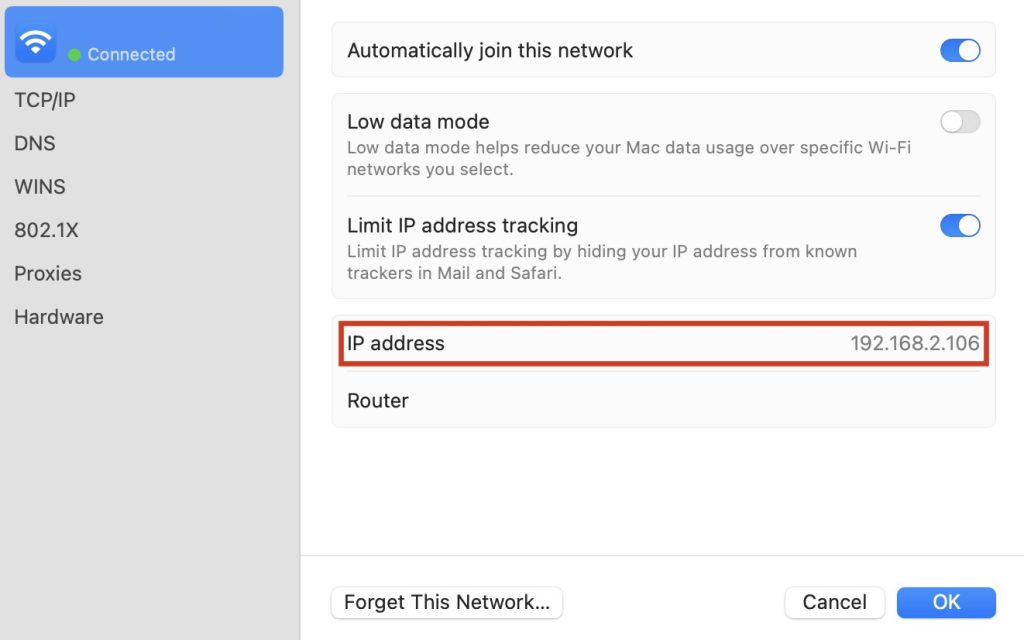Every device connected to the internet is assigned a numerical identifier, called an IP address. Read on to learn the difference between a public and private IP address and what it reveals about you. You’ll also discover how getting a software solution like Avira Phantom VPN masks your public IP address and protects your online privacy.
What’s an IP address?
An IP (internet protocol) address is a numerical identifier. The computer network to which it is assigned uses it to communicate with the outside world. It’s also used to identify a host or network interface and display its location. IP addresses can be both public and private — but what’s the difference?
What’s a public IP address?
ISPs (internet service providers) generally assign each network and the associated router a public address. It’s used to establish a connection to the internet and communicate outside of your own network. As such, it’s required for you to go online.
The public address is accessible from around the world and helps other devices communicate with your network. In short, a public IP address ensures content from websites, emails, and streaming providers as well as other data from the internet is correctly forwarded to you. Thankfully, you can protect your personal data when communicating with other networks with a browser safety add-on. Among other things, it blocks intrusive ads and prevents companies from tracking what you do online.
What’s a private IP address?
The network router assigns a private IP address to the devices connected to it. This allows devices from the same network to communicate and interact with each other — all without connecting to the internet. With the help of private IP addresses, a router can forward data traffic on its own network.
This means private addresses help to increase security within a network. To give a practical example: When using your wireless connection at home, you can send documents from your computer to your printer for printing — all without the risk of outsiders gaining access to them.
How do private and public IP addresses differ?
A public IP address is unique and visible to everyone. It ensures that you can be clearly identified on the internet. By contrast, a private IP address is only used within a private network. This allows the devices within a network to connect securely to one another.
The main difference between public and private IP addresses is the scope: A public, external IP address is visible globally. By contrast, a private, internal IP address sits locally within a specific address range. All private networks in the world include devices assigned private, local IP addresses from the following ranges:
- Class A:0.0.0 – 10.255.255.255
- Class B:16.0.0 – 172.31.255.255
- Class C:168.0.0 – 192.168.255.255
These IP addresses are reserved for use on private networks. This means they can be reused within different local networks worldwide without any risk of confusion.
The differences between private and public IP addresses at a glance
| Category | Private IP address | Public IP address |
| Scope | The private IP address only has a local scope in your own network. | The public IP address’s scope is global. |
| Communication | It is used so devices within a network can communicate with each other. | It allows access to the internet and is used for communication outside of your own network. |
| Uniqueness | It’s an address from a smaller range that’s used by other devices in other local networks. | It’s a unique address that’s not used by other devices on the internet. |
| Provider | The router assigns a private IP address to a specific device on the local network. | The internet service provider assigns the public IP address. |
| Range | Private IP address ranges: 10.0.0.0 – 10.255.255.255, 172.16.0.0 – 172.31.255.255, 192.168.0.0 – 192.168.255.255 | Any IP address that isn’t within a private IP address range. |
How can I tell what my IP address is?
Both your public and private IP addresses are required for your devices to connect to the internet. Once connected, your private IP address is replaced by the public IP address which your ISP assigns to your network. This protects other devices on your network and allows you to go online with them too. In the following, you’ll learn how to find out what your IP address is.
How to find out what your public IP address is
The easiest way to find out what your public IP address is to search for it using a search engine. Simply enter a search term such as “What is my IP address?” You’ll then be shown tools you can use to discover your public IP address. Internet service providers change your public IP address — something they do regularly when they assign you a public, dynamic IP address. Theoretically, this can change every 24 hours.
How to find out what your private IP address is
Typically, you only need your private IP address if you want to troubleshoot a poor connection. It’s also used if you want to configure advanced network settings. Follow our step-by-step instructions below to view your private IP address based on different operating systems.
Windows users
- Open the Windows Start menu. Click Settings.
- In the left pane, click Network & internet.

- You can view your private IP address under Properties.

Mac users
- Open System Preferences from the Apple icon on the menu bar.

- Click Network and select Wi-Fi.

- Click your network and select Details.

- You can then see your private IP address.

What does your public IP address reveal about you?
Your public IP address gives away your location and identity. That’s because it can be clearly linked to a device. In turn, this provides information about you as a person. Your public IP address also allows third parties to track what you get up to online, enabling websites and companies to display targeted ads and more.
Based on your location information, ISPs can also prevent you from streaming content if it’s blocked in certain countries. Similarly, with a public IP address there’s a greater risk of cybercriminals and hackers gaining access to your device and possibly stealing sensitive data. This makes it a good idea to mask your public IP address to protect your online privacy.
How to mask your public IP address
Even though you can’t change your public IP address yourself since your ISP assigns it to you, the good news is you can use a VPN (virtual private network) if you still want to prevent others from obtaining information about your location and identity.
Avira Phantom VPN assigns you different IP addresses that cannot be traced back to you. You can then surf anonymously and safely. This is all thanks to the fact that the VPN encrypts everything you send and receive by routing your internet activities through a secure, virtually unhackable tunnel. Neither hackers nor other third parties have access to this encrypted data traffic. You can also choose your own virtual location, allowing you to bypass geoblocking and a whole bunch more.









